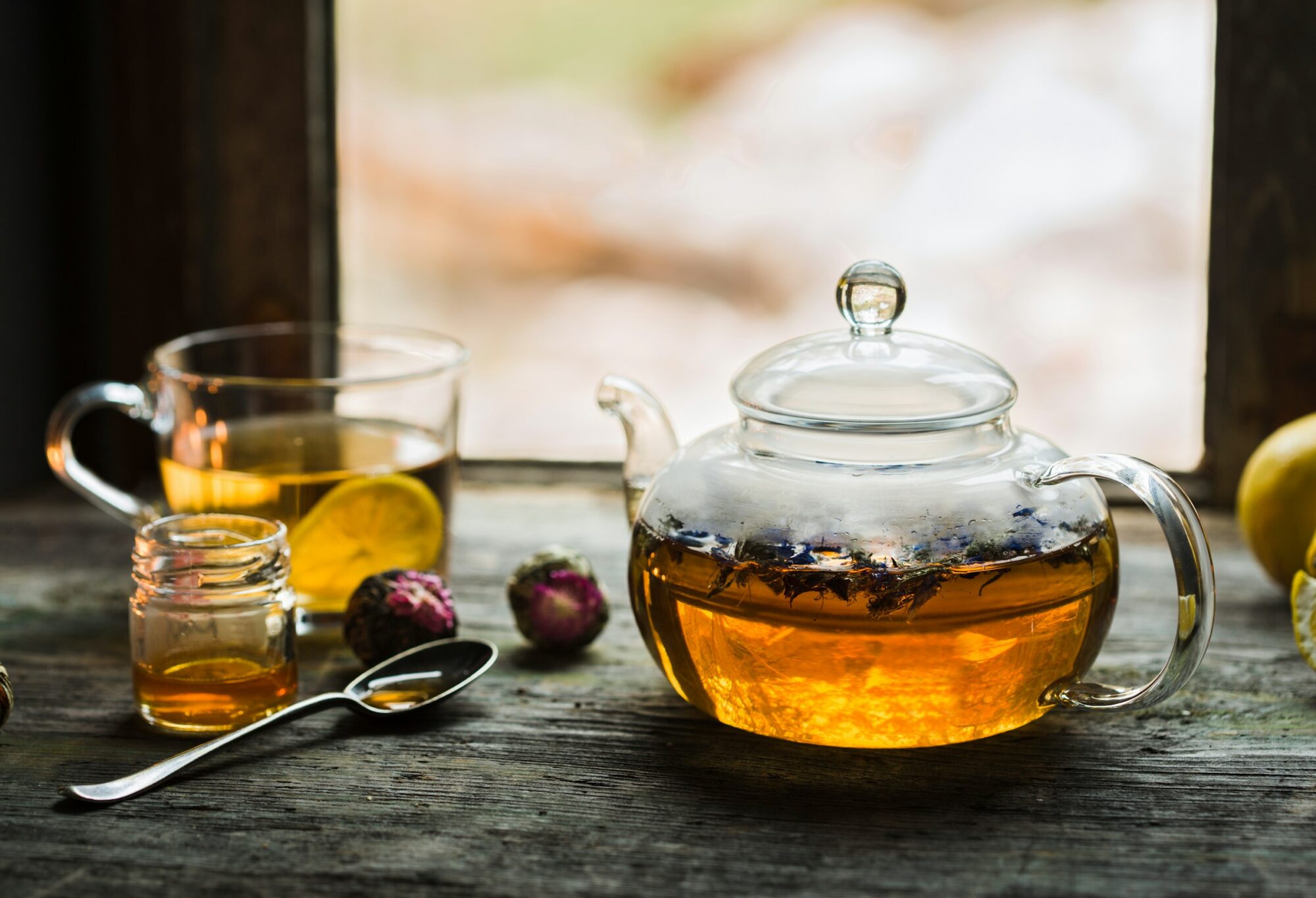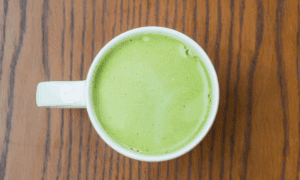If you’ve ever brewed a cup of herbal tea, you know it can be both relaxing and refreshing. However, sometimes it can feel like the flavor is missing something. The good news is that with a few simple adjustments, you can elevate your tea experience. This article will share some essential tips that will help you bring out the best in your cup and enjoy the full flavors of your favorite herbal blends.
1. Start with Quality Herbs
Fresh, high-quality herbs or loose-leaf teas usually deliver a much richer flavor compared to pre-packaged tea bags. While tea bags may be convenient, the flavor tends to be less robust. Choosing for loose-leaf herbal teas lets you control the amount of herbs you use, ensuring a stronger and more flavorful brew. With the right ingredients, your herbal tea will taste fresher and more vibrant.
2. Use Filtered Water
Tap water, especially with high levels of chlorine or minerals, can affect the overall flavor and make the tea taste flat or bitter. Using filtered water maintains the clean taste of your herbal tea. Also, it is vital to make sure your water is the right temperature for the type of tea you’re brewing. Too hot or too cold water can extract unwanted flavors, so keep that in mind when you’re getting your water ready.
3. Mind the Brewing Time
Over-steeping can result in bitterness or overly intense flavors that overpower the delicate herbs. On the other hand, under-steeping may leave the tea tasting weak and watery. Herbal tea has its ideal brewing time, typically ranging from 5 to 10 minutes, depending on the herbs. Be sure to follow the recommended steeping instructions on the packaging or adjust according to your personal preference.
4. Add a Sweetener
If you prefer your tea with a little sweetness, consider adding natural sweeteners like honey or stevia. Honey, in particular, pairs wonderfully with teas like chamomile or peppermint. Just be mindful of how much sweetener you add; a little goes a long way, and too much can make your tea overly sweet. Adding a hint of sweetness can enhance the herbal notes and create a more harmonious blend.
5. Experiment with Citrus
Whether you choose lemon or orange, the fresh acidity of citrus balances out the herbal flavors and adds a zesty kick. For example, if you are going to squeeze lemon, it can bring out the brightness in mint tea, while orange pairs beautifully with chamomile. Furthermore, it is a simple addition that can make your tea feel even more refreshing, especially when enjoyed on a warm afternoon.
6. Try Spices for Extra Depth
If you’re looking to add complexity and warmth to your herbal tea, try experimenting with spices. Cinnamon or cloves can infuse your tea with rich flavors that transform the taste. Ginger, in particular, adds a spicy kick that complements a variety of herbs like lemon balm and peppermint. A dash of cinnamon or a few whole cloves can turn a simple cup of herbal tea into a fragrant, cozy treat.
7. Consider a Tea Infuser
Using a tea infuser allows the herbs to expand freely, which helps release more flavor into the water. This is especially important for herbal teas with larger leaves or delicate flowers. When the herbs have enough room to move around, you’ll get a fuller, more flavorful brew. In addition, tea infusers are convenient, as they keep the herbs contained, making it easy to remove them when the tea is ready.
Elevate Your Herbal Tea Experience!
Making herbal tea taste even better is all about experimenting with different ingredients and brewing techniques. Don’t be afraid to try new combinations and find what works best for your taste. From adjusting the basics to additional flavors, you can create a cup of herbal tea that’s tailored to your preferences. So, the next time you brew a cup, keep these tips in mind for a flavorful herbal tea.



































